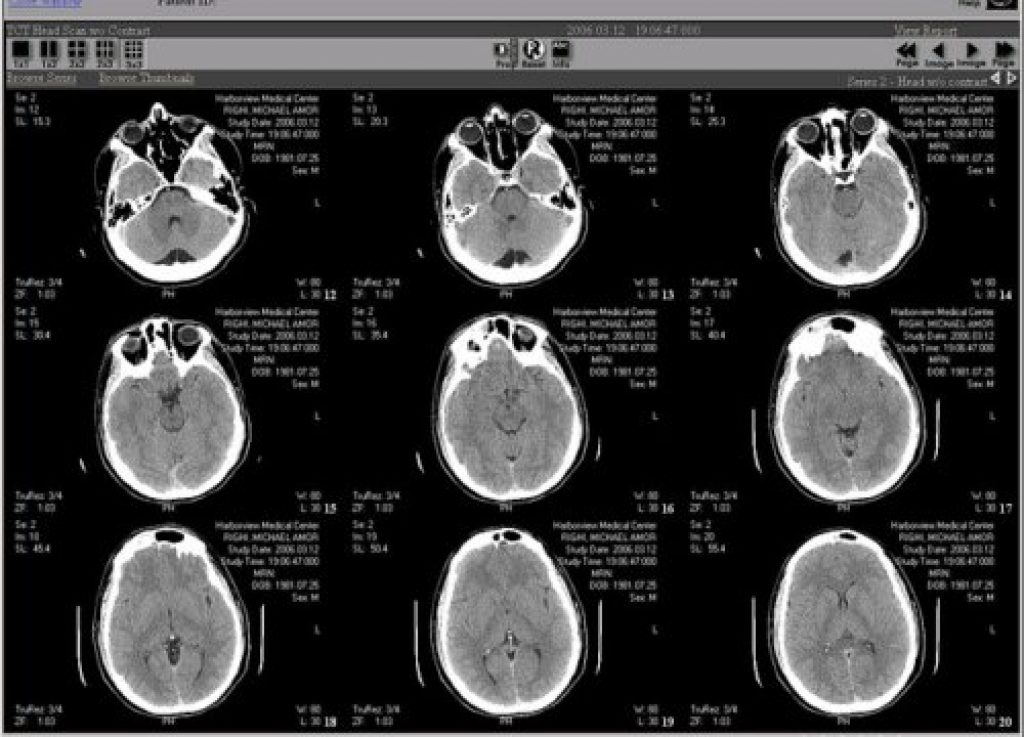
AsianScientist (Nov. 20, 2014) – A study of 729 Taiwanese patients with amyotrophic lateral sclerosis (ALS) suggests that the antihypertensive medication could potentially be used to treat the disease. This research has been published in JAMA Neurology.
ALS, also known as Lou Gehrig disease, is a progressive neurodegenerative disease that does not have a specific treatment. Although the mechanism is not well understood, studies have suggested angiotensin-converting enzyme inhibitors (ACEIs) may decrease the risk for developing neurodegenerative diseases.
A team of researchers, led by Dr. Lin Feng-Cheng of the Kaohsiung Medical University Hospital, Taiwan, used the total population of Taiwanese citizens to study the association between the use of ACEIs and the risk of developing ALS. The study group included 729 patients diagnosed with ALS between January 2002 and December 2008.
Patients with ALS were compared with 14,580 control group individuals. About 15 percent of patients with ALS reported ACEI use between two to five years before their ALS diagnosis, while about 18 percent of the control group without ALS reported ACEI use.
The study results indicate that when compared with patients who did not use ACEIs, the risk reduction was 17 percent (adjusted odds ratio of 0.83) for the group prescribed ACEIs lower than 449.5 cumulative defined daily dose (cDDD) and 57 percent (adjusted odds ratio 0.43) for the group prescribed ACEIs greater than 449.5 cDDD.
“The findings in this total population-based case-control study revealed that long-term exposure to ACEIs was inversely associated with the risk for developing ALS. To our knowledge, the present study is the first to screen the association between ACEIs and ALS risk in a population-based study,” note the authors.
The article can be found at: Lin et al. (2014) Angiotensin-Converting Enzyme Inhibitors and Amyotrophic Lateral Sclerosis Risk: A Total Population–Based Case-Control Study.
——–
Source: The JAMA Network Journals; Photo: Michael Righi/Flickr/CC.
Disclaimer: This article does not necessarily reflect the views of AsianScientist or its staff.












